State management is a crucial aspect of building modern web applications, especially those using JavaScript frameworks and libraries. It allows developers to manage and update application state efficiently, leading to better user experiences and performance. In this blog post, we’ll explore the 10 best state management libraries for JavaScript frameworks and libraries.
Redux:

Redux is one of the most popular state management libraries for JavaScript applications, particularly for React. It follows a unidirectional data flow and uses a single immutable state tree, making it easy to reason about application state changes.
- Single immutable state tree: Redux uses a single immutable state tree, making it easier to track changes and maintain a predictable state.
- Middleware support: Redux provides middleware support, allowing developers to add custom logic for handling asynchronous actions, logging, and more.
MobX:
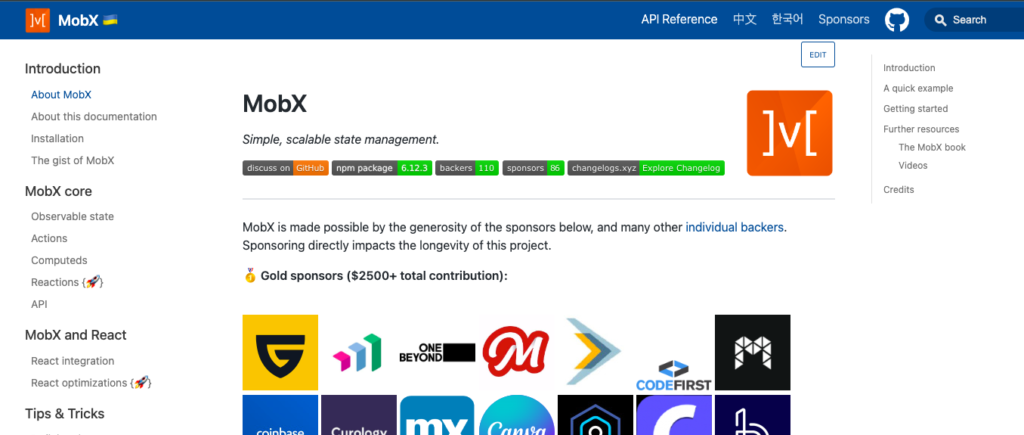
MobX is another powerful state management library known for its simplicity and flexibility. It allows developers to define observable state properties and automatically tracks and updates components based on state changes, reducing boilerplate code.
- Automatic tracking: MobX automatically tracks dependencies between observable state properties and updates components when relevant data changes, reducing manual coding efforts.
- Reactivity: MobX leverages JavaScript’s reactivity model to ensure that changes to observable state properties trigger re-renders in React components, improving performance.
Vuex:
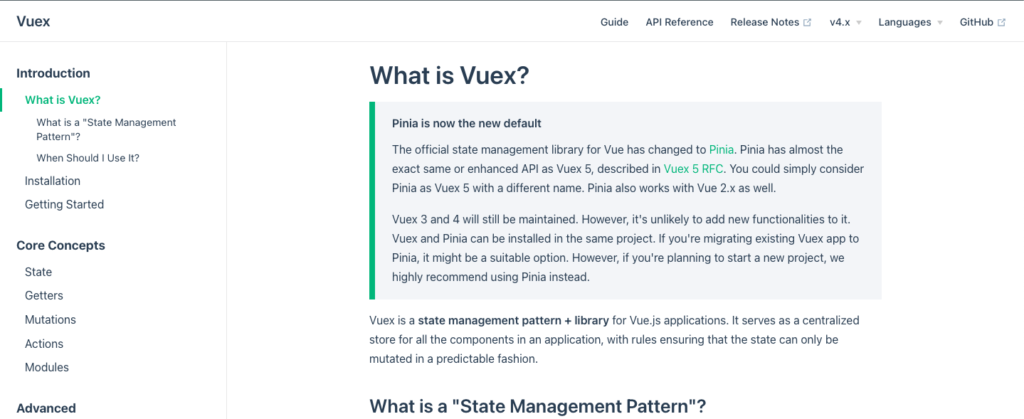
Vuex is the official state management solution for Vue.js applications. It provides a centralized store for all application state and offers features like mutations, actions, and getters to manage and manipulate state in a predictable way.
- Centralized store: Vuex offers a centralized store for all application state, simplifying state management and ensuring a single source of truth.
- Mutations and actions: Vuex provides mutations for directly modifying state and actions for handling asynchronous operations and complex state changes.
Recoil:
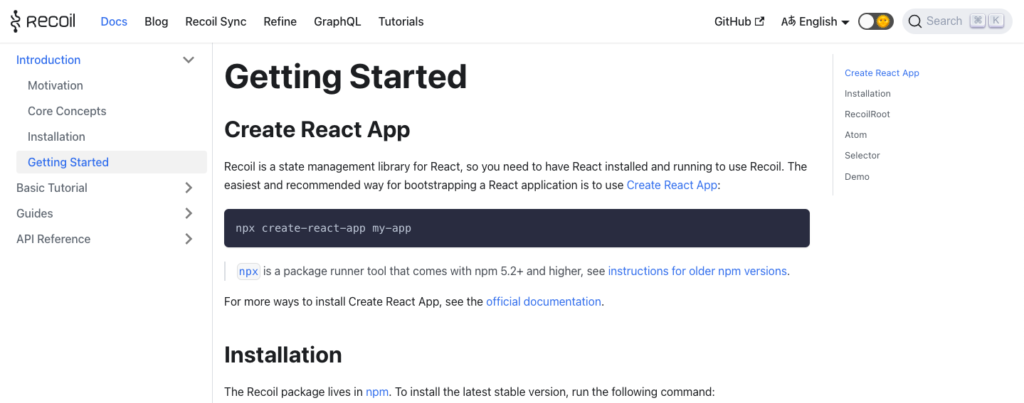
Recoil is a relatively new state management library developed by Facebook, designed specifically for React applications. It focuses on managing state at the component level, offering features like atoms and selectors for managing state dependencies.
- Atoms and selectors: Recoil introduces the concept of atoms for defining state and selectors for accessing and deriving data from state, offering a more granular approach to state management.
- Minimal boilerplate: Recoil reduces boilerplate code by providing a simple API for managing and updating state within React components, improving developer productivity.
Redux Toolkit:
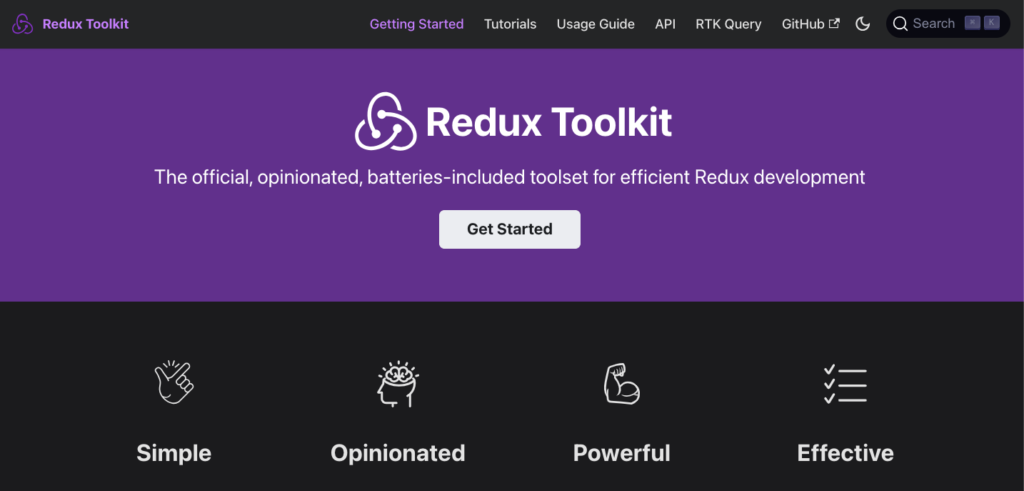
Redux Toolkit is an opinionated, batteries-included library for Redux that simplifies the process of writing Redux logic. It provides utilities like createSlice and createAsyncThunk to streamline state management code and improve developer productivity.
- createSlice utility: Redux Toolkit includes createSlice, a utility for defining Redux slice reducers with less boilerplate code, making it easier to write and manage Redux logic.
- createAsyncThunk: Redux Toolkit provides createAsyncThunk, a helper function for handling asynchronous actions in Redux with standardized lifecycle states, simplifying asynchronous logic.
Zustand:
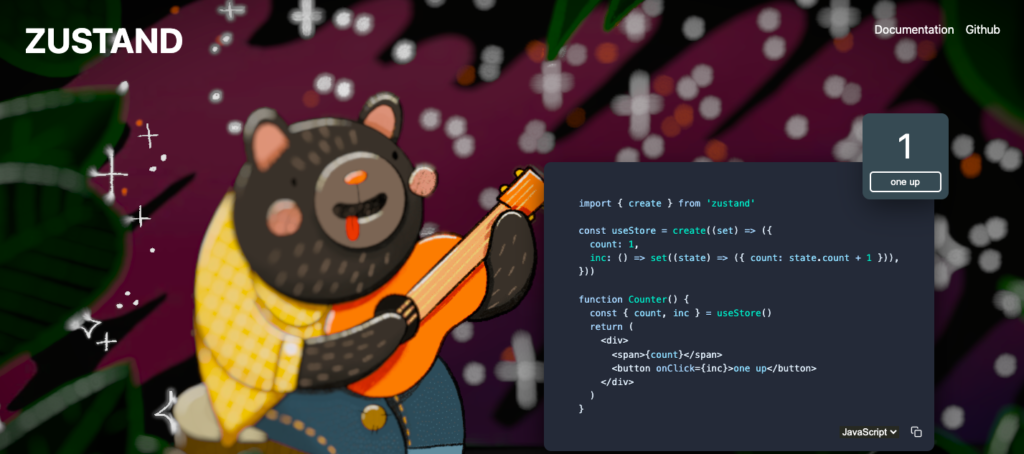
Zustand is a lightweight state management library for React applications that emphasizes simplicity and performance. It uses React hooks to manage state in functional components and provides a concise API for defining and updating state.
- Lightweight and performant: Zustand is lightweight and designed for performance, making it suitable for small to medium-sized React applications without sacrificing functionality.
- React hooks integration: Zustand leverages React hooks for managing state in functional components, providing a modern and concise approach to state management.
Immer:
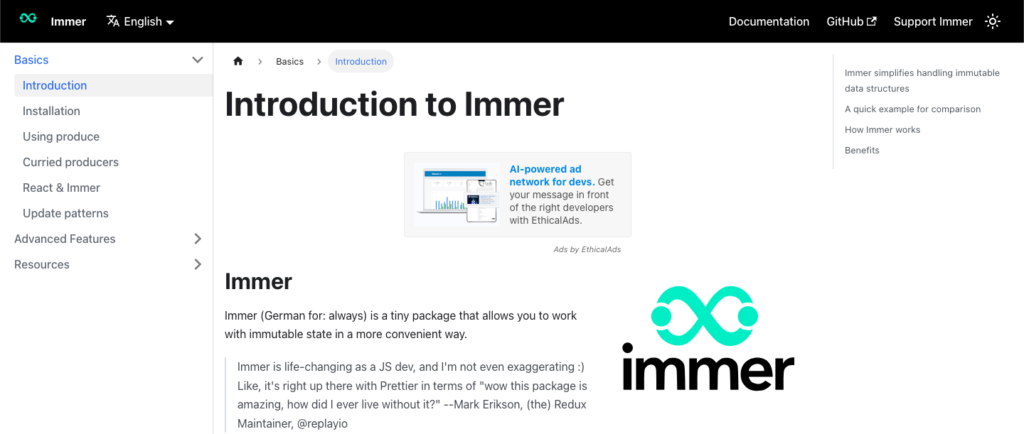
Immer is not a traditional state management library but a tool that simplifies immutable state updates. It allows developers to write code that looks like mutable updates but automatically produces immutable copies of state, making it easier to work with complex state structures.
- Immutable updates: Immer simplifies immutable updates by allowing developers to write code that looks like mutable updates, automatically producing immutable copies of state.
- Nested state handling: Immer handles nested state updates gracefully, making it easier to work with complex state structures and reduce boilerplate code.
Redux Saga:
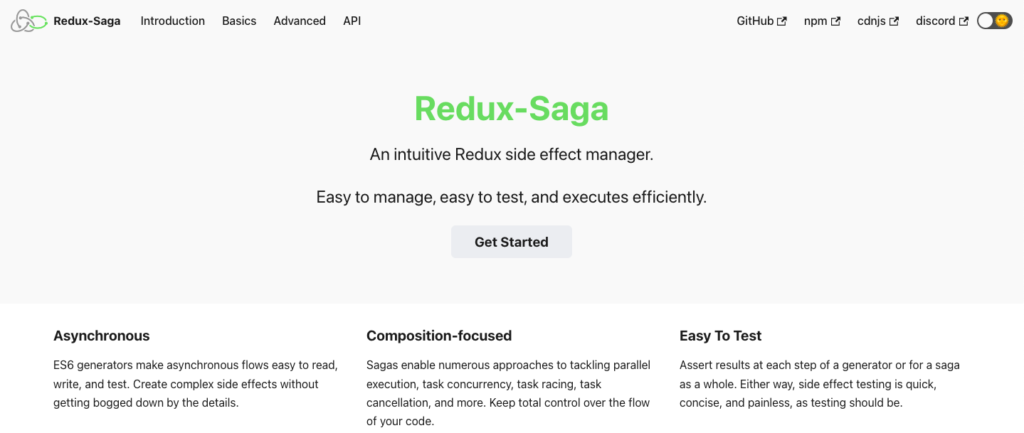
Redux Saga is a middleware library for Redux that enables developers to handle side effects like asynchronous data fetching and complex state transitions. It uses generator functions to define and execute sagas, making it easier to manage asynchronous logic in Redux applications.
- Side effect handling: Redux Saga specializes in handling side effects like asynchronous data fetching and complex state transitions, providing a structured way to manage asynchronous logic in Redux.
- Generator functions: Redux Saga uses generator functions to define sagas, making it easier to write and understand asynchronous logic with sequential and non-blocking operations.
RxJS:
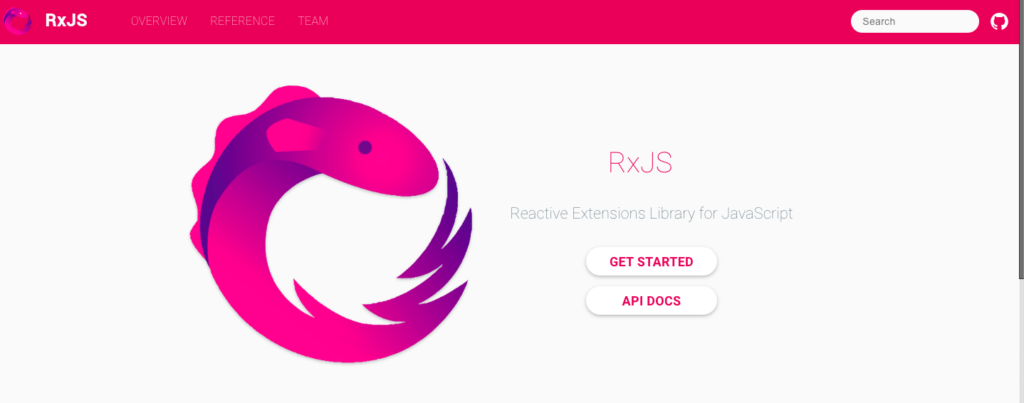
RxJS is a reactive programming library that can be used for state management in JavaScript applications. It provides observables and operators for handling asynchronous data streams, making it suitable for managing complex state interactions.
- Observables and operators: RxJS provides observables and operators for handling asynchronous data streams and managing complex state interactions, making it suitable for reactive programming.
- Functional programming paradigm: RxJS follows a functional programming paradigm, allowing developers to compose and transform data streams using declarative and concise code.
Apollo Client:
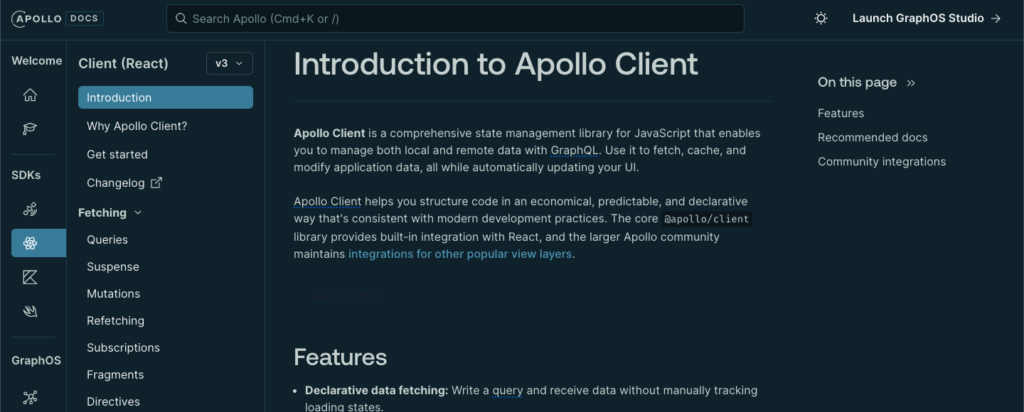
Apollo Client is primarily known as a GraphQL client library, but it also offers powerful state management capabilities. It provides a local state management solution that integrates seamlessly with GraphQL queries and mutations, making it a great choice for GraphQL-based applications.
- Local state management: Apollo Client offers a local state management solution that integrates seamlessly with GraphQL queries and mutations, enabling developers to manage client-side state alongside server-side data.
- GraphQL integration: Apollo Client is designed for GraphQL-based applications, providing a comprehensive solution for fetching, caching, and updating data from a GraphQL server.
In conclusion, these 10 state management libraries offer a range of options for JavaScript developers working with various frameworks and libraries. Whether you’re building a React, Vue.js, or other JavaScript-based application, there’s likely a state management solution that fits your needs and preferences.


